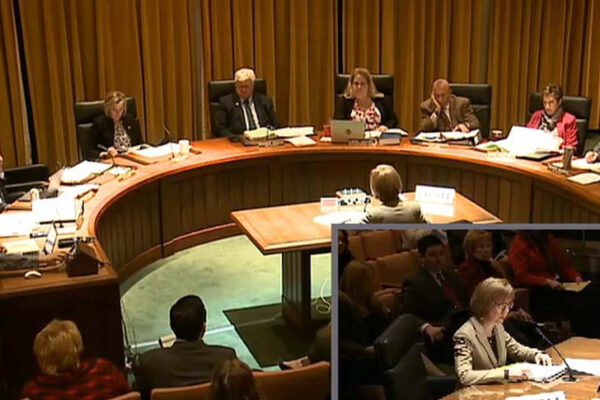The Brown School’s Center for Social Development is conducting a third wave of research on Child Development Accounts (CDAs) in Oklahoma.
Wave 3 of the SEED for Oklahoma Kids (SEED OK) experiment expands the original CDA with an automatic progressive deposit and extends the research to examine the accounts’ impacts.
In February, SEED OK randomly selected and deposited funds into the state-owned SEED OK account for half of the children in the program. All of the selected children received $200, and financially disadvantaged children received an additional $400.
The new deposit is more progressive than the savings match SEED OK initially offered to low-income families from 2008-2011, which was dependent on individual saving behaviors.
“The Wave 3 deposit augments the college savings of the lowest-income families, not just ‘savers,’” said Margaret Clancy, policy director for the Center for Social Development (CSD). She leads the Oklahoma experiment.
CSD researchers will analyze account and savings data from the Oklahoma 529 plan and data from a survey of mothers in 2020, when the children are in middle school. Clancy said she expects the account data to show that CDAs “continue to have very strong positive impacts on asset accumulation for education, especially for disadvantaged families.”
As researchers design the survey, they are particularly interested in parents’ engagement in middle school and their education-related interactions with their children, as well as how academically engaged the children are.
SEED OK research results have influenced CDA policy development in U.S. cities and states, as well as in other countries. Wave 3 is a chance to assess the long-term potential of CDAs as a national system of asset-building accounts for children.
SEED OK has the most rigorous research design possible, with a particular focus on disadvantaged families, said Michael Sherraden, founding director of the Center for Social Development.
“We’re proud of SEED OK’s policy impacts,” he said. “Nevertheless, there is always more to learn.”



